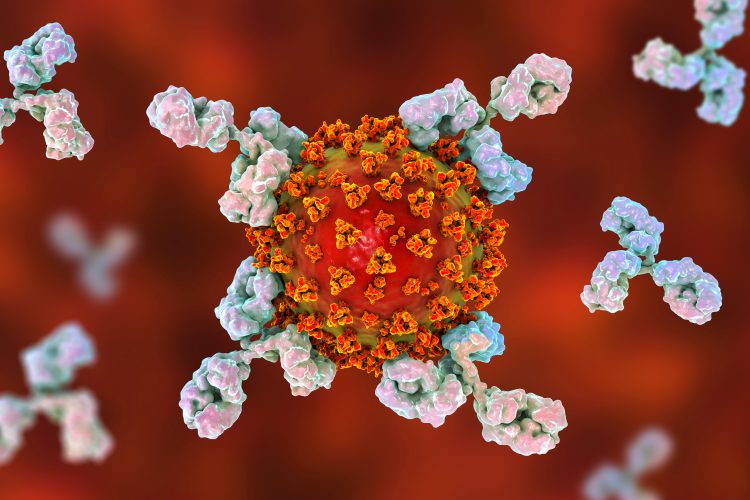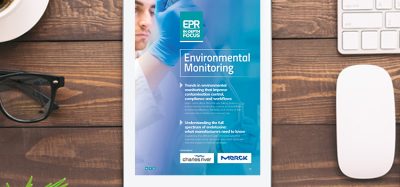Trial to evaluate monoclonal antibody therapy for mild-to-moderate COVID-19
Posted: 6 January 2021 | Hannah Balfour (European Pharmaceutical Review) | No comments yet
The study will determine if the combination of BRII-196 and BRII-198, two investigational antibodies for SARS-CoV-2, can prevent disease progression.


A Phase II/III clinical trial to evaluate the safety and efficacy of a combination investigational monoclonal antibody therapy in people with have mild or moderate COVID-19 has begun. The two experimental antibodies, BRII-196 and BRII-198, target SARS-CoV-2, the virus that causes COVID-19.
The ACTIV-2 trial is part of the US National Institutes of Health (NIH)’s Accelerating COVID-19 Therapeutic Interventions and Vaccines (ACTIV) program for accelerating the development of promising treatments and vaccine candidates for COVID-19. ACTIV-2 is a master protocol designed for evaluating multiple investigational agents compared to placebo in adults with mild-to-moderate COVID-19 and will enrol participants at sites around the world.
ACTIV-2 began on 4 August 2020, with an evaluation of LY-CoV555 (bamlanivimab), an investigational monoclonal antibody, which was later granted Emergency Use Authorisation by the US Food and Drug Administration (FDA) for the treatment of mild-to-moderate COVID-19 in adults and children over 12 years old who are at high risk for progressing to severe COVID-19 and/or hospitalisation.
The primary objective of the new sub-study (NCT04518410) for BRII-196 and BRII-198, two investigational, neutralising monoclonal antibodies manufactured by Brii Biosciences, is to determine if the therapy prevents either hospitalisation or death by 28 days after study entry. As per the ACTIV-2 study design, researchers will observe the therapeutics’ efficacy in a small group of volunteers and then administer if the antibodies appears safe and effective. The trial will initially enrol 220 participants with mild or moderate COVID-19, who are at risk for disease progression. Half of the participants will receive BRII-196 and BRII-198 through intravenous infusions, while the remaining half will receive placebo infusions. The trial is double-blinded and randomised. Participants in the trial will be followed for a total of 72 weeks.
An independent Data and Safety Monitoring Board (DSMB) overseeing the trial will review the data collected at 28 days. If there are no serious safety concerns and the results seem promising, the trial will transition to Phase III, enrolling approximately 622 additional outpatient volunteers, for a total of 842 trial participants. These new participants will also be randomised to receive the therapeutic or a placebo. The same primary objective will apply in this group as well – preventing either hospitalisation or death by 28 days after study entry.
Related topics
Antibodies, Biologics, Clinical Trials, Drug Development, Drug Safety, Therapeutics, Viruses
Related organisations
Brii Biosciences, US Food and Drug Administration (FDA), US National Institutes of Health (NIH)









